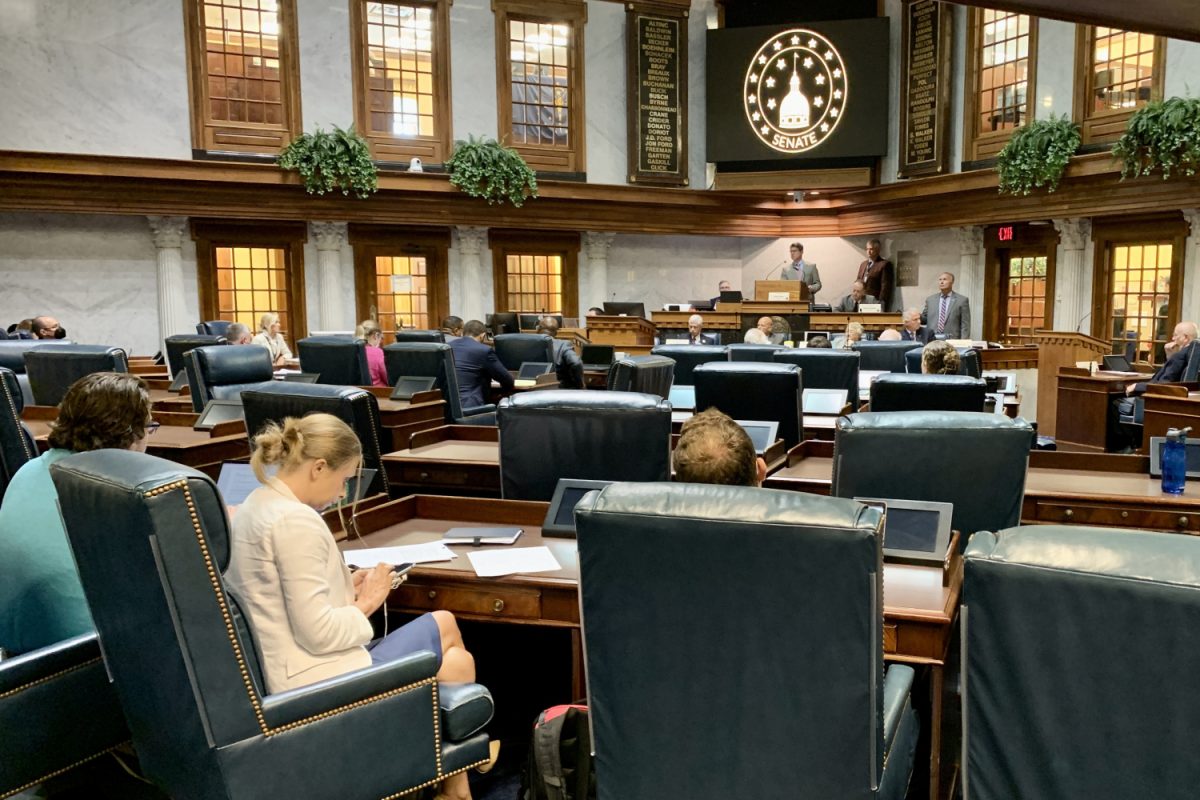Indiana has been in hot water in recent years, with many bills having a heavy impact on the state’s youth. This is no different from the HB1093 bill. This bill, proposed on Jan. 8, 2024, revises the child labor laws that were initially put into effect to protect the physical and mental health of individuals under 18 in the workplace.
One of these new controversial revisions states that children ages 14-5 can work until 9 p.m. on weeknights between June 1 and Labor Day, two hours later than the current law. Senator Andrea Hunley of Indianapolis proposed changing this date to the first day of school for students, but this was rejected, jeopardizing young students’ grades and studies.
Another provision in the HB1093 bill removes the 40-hour work limit, which was initially established to prevent students and other young individuals from being overworked. Additionally, a section in the bill stating that a minor’s job cannot interfere with their health, safety, welfare, or schooling has been entirely removed. Senator Brian Buchanan noted that the removal of child labor work boundaries would help businesses. Yet he failed to say how this would affect students and children who stay at home and are employed. According to Louisville Public Media, “The purpose of the bill, however, is to align Indiana child labor laws with federal requirements. He said helping children gain skills and prepare for the workforce after school is an added bonus.”
This bill raises another issue: the amount of money employers are fined for overworking minors. Many believe the fines are too little. According to the Indiana Department of Labor (DOL), Employers are not charged at all for the first violation. However, they pay $100 for the second, $200 for the third and $400 for the fourth.
Senator Buchanan says that these new restrictions are not mandated, as the parents of the children have to give consent for their child to work these more extended hours. However, there is no compensation for children whose parents either do not care for their child to work longer hours or if the parents force the child to do so.
Gov. Eric Holcomb recently passed HB1093 on March 13. If signed into law, which it was, employers will now have much more power over their employees. However, if it were vetoed, there likely would have been another push for a change of child labor laws, considering that many have happened in the past.









